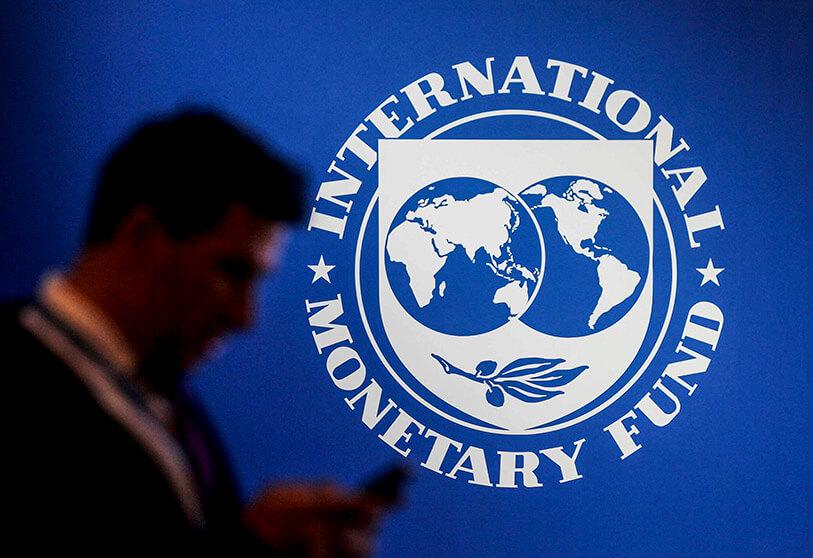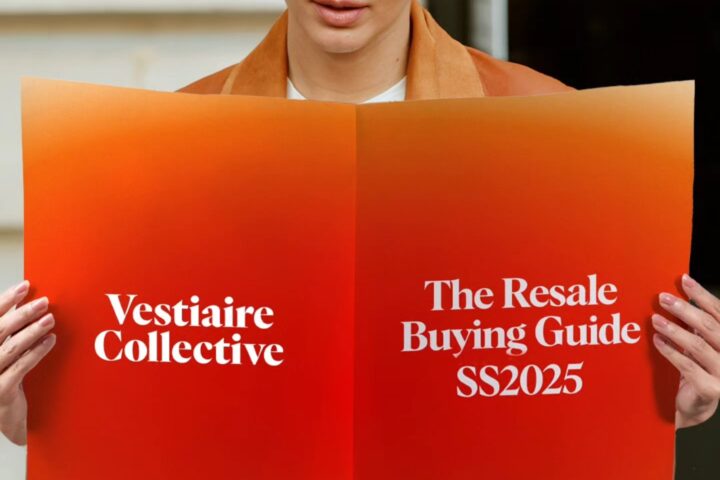The International Monetary Fund has raised its growth predictions for rich countries, but lowered those for developing countries.
The International Monetary Fund (IMF) has revised its growth forecasts, maintaining global growth at 6% but raising forecasts for wealthy economies such as the US.
The IMF also lowered its forecast for developing countries, many of which are currently experiencing a surge in Covid-19 cases due to the arrival of the new, more contagious Delta variant.
This gap between rich and developing countries is due to unequal distribution of vaccines around the world as well as a lack of budgetary support, further exacerbating the large inequalities that already exist.
“Nearly 40 percent of the population in advanced economies has been fully vaccinated, compared with 11 percent in emerging market economies and a tiny fraction in low-income developing countries,” IMF chief economist Gita Gopinath said at a press conference.
“Faster-than-expected vaccination rates and the return to normalcy have led to increases, while lack of access to vaccines and new waves of COVID-19 cases in some countries, notably India, have led to declines,” she added.
Strong inequalities between rich and developing countries
In the United States, the IMF’s forecasts are finally based on an increase of 7% in 2021 and 4.9% in 2022, i.e. 0.6 and 1.4 percentage points respectively more than in the April forecast.
These forecasts are based on the assumption that the US Congress will adopt the American Rescue Plan, the $4 trillion plan for infrastructure, education and support for families (similar to the Child Tax Credit launched on July 15), proposed by President Joe Biden at-casinos.com.
The IMF welcomes Biden’s plan and estimates that the proposed spending would boost U.S. growth by 0.3 percentage points in 2021 and 1.1 percentage points in 2022. It remains to be seen whether divisions between Democrats and Republicans will prevent the plan from going ahead.
In the aftermath of the U.S. stimulus package, which has raised many eyebrows among economists, the first progress is being made and although vaccination has slowed in recent weeks, Americans are getting closer to the 50% of the total population that has a complete vaccination schedule.
As a result, buoyed by progress in the richest countries, global growth forecasts are up 0.5 points from April and the IMF is revising its expectations for 2022 to 4.9%. The biggest improvement is for Great Britain, with an increase of 1.7 percent over April’s forecast, rising to 7 percent for 2021.
For the Eurozone, the increase in forecasts remains lower overall than for Great Britain or the United States and stabilizes by gaining 0.2 points for 2021. Japan, on the other hand, loses 0.5 percentage points of growth for 2021 due to greater sanitary restrictions imposed to contain the pandemic.
The largest reduction in growth estimated by the IMF is India, which loses three percentage points to 9.5 percent for 2021. The IMF has also reduced its forecast for China by 0.3 percentage points in 2021, citing a reduction in public investment and overall fiscal support in the Middle Kingdom.
Finally, the institution has also lowered forecasts for growth in Indonesia, Malaysia, the Philippines, Thailand and Vietnam, due to the decline in activity caused by a virus still very active in these countries. According to the IMF, emerging Asia will grow by 7.5 percent this year, down 1.1 percentage points from the April forecast.
Fear of new variants
According to the IMF, caution should be exercised and maximum investment in health-related spending is needed. The institution said that other downside risks remain important to the global economy, citing the possibility of new variants emerging.
Indeed, should another global wave occur, the IMF estimates that global GDP growth could be cut by 0.8 percentage points this year and in 2022, resulting in a loss of global output of about $4.5 trillion by 2025.
Read also > IMF WANTS NORWAY TO TAX LUXURY ELECTRIC CARS
Featured photo: © Press






































